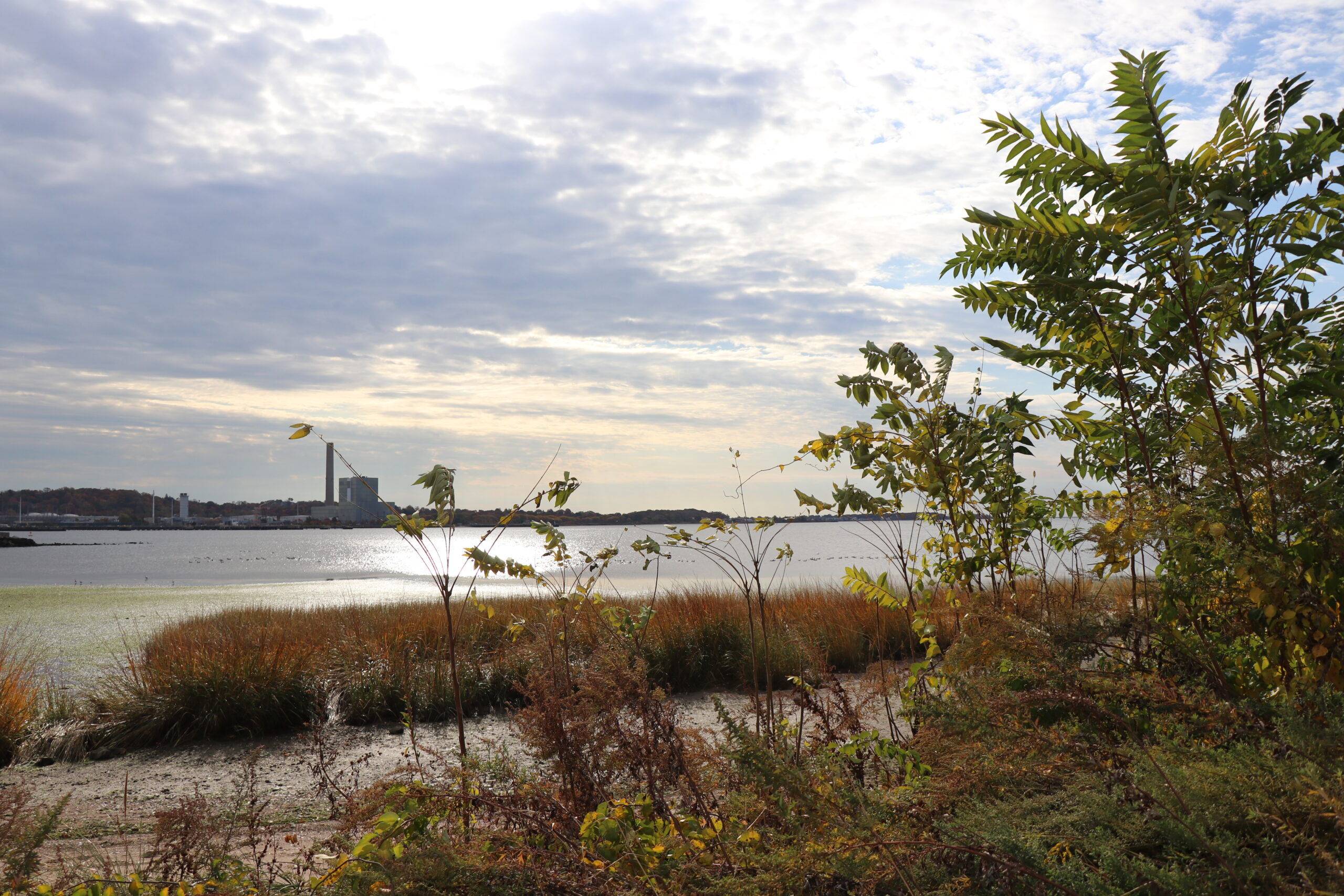New Connecticut laws boost climate resilience, update emissions targets
The Connecticut General Assembly passed Senate Bill 9 and House Bill 5004, which are set to shore up shoreline infrastructure and revise carbon emissions goals.

Christina Lee, Senior Photographer
The Connecticut General Assembly passed two laws focused on climate resilience and sustainability last month.
Senate Bill 9 bolsters climate resilience in infrastructure, its proponents said, while House Bill 5004 supports the renewable energy industry and sets a statewide net-zero carbon emissions goal by 2050.
Gov. Ned Lamont signed SB 9 into law on June 10. He has announced his intention to sign HB 5004.
“Connecticut is proud to be a climate leader and this legislation helps keep our state on track to improve our air quality and meet our climate goals,” Lamont said in a press release about HB 5004.
According to Save the Sound, an environmental advocacy group focused on the Long Island Sound, SB 9 aimed to address disaster-related financial losses by requiring flood risk disclosure and strengthening towns against rising seas. The law also requires developers to reevaluate construction plans for homes along possible coastal flood zones, such as New Haven.
HB 5004 is a version of a bill that climate coalitions such as Save the Sound and Connecticut Coalition for Climate Action have been working on for two years. The law updates targets for reductions in carbon emissions, funds green infrastructure like heat pumps and solar canopies and offers incentives to sustainable businesses.
“Everything hinged on the passing of HB 5004,” State Rep. John-Michael Parker ’10 — whose district stretches from Madison to Durham, east of New Haven — told the News.
Carbon emissions released by vehicles, manufacturing and agriculture contribute to the greenhouse effect, trapping heat in the atmosphere. Much of Connecticut borders water, whether rivers or the Long Island Sound, creating a risk of flooding as warming seas melt polar ice caps and extreme weather becomes more frequent.
HB 5004 updates the greenhouse gas emissions goal established by the Global Warming Solutions Act in 2008. The new law changes the target for emissions in 2050 from an 80 percent reduction to achieving net-zero emissions. Additionally, it sets specific milestones for the state, including a 70 percent reduction from 2016 levels by 2040.
Some House Republicans criticized the bill, questioning the feasibility of its targets.
“At times, I wonder whenever we put these bills out if we actually are trying to achieve something rather than put words in books,” Rep. Tim Ackert — who represents towns just east of Hartford — said, according to the CT Mirror.
Connecticut is not on track to meet its next emissions target. According to a 2024 report from the Connecticut Department of Energy and Environmental Protection, the state has not achieved the reduction rate needed to meet its 2030 goal.
“The political will to take action might feel burdensome on folks in the short term, but we need to make the case stand up for the long term future,” said Parker, who is the House chair of the legislature’s Environment Committee.
Julianna McVeigh SPH ’24, who works as the climate and resilience campaigns manager for Save the Sound, said the two recently enacted bills complement each other by giving towns the tools to face the impacts of climate change. But she noted that some clean energy provisions were removed by the time the bill was passed.
The cut provisions included research on the future of natural gas, updated appliance standards and a thermal energy network pilot program.
“While we would have liked to see the energy related provisions stay in HB 5004, we can’t let perfect be the enemy of progress,” McVeigh wrote to the News. “In the end, we saw legislation pass that has the potential to make life in Connecticut safer, healthier, and more affordable for all residents.”
McVeigh’s sentiment was echoed by Laura Cahn, an environmental advocate and former chair of the New Haven Environmental Advisory Council.
Cahn was particularly focused on SB 9, which implemented a partial ban on neonicotinoids — a group of chemical pesticides that can have adverse effects not only on the beetle larvae they are meant to kill, but on native pollinators and human health.
“Legislation is always a compromise. We would have liked a stronger bill that could just ban neonicotinoids altogether,” Cahn said.
The Global Warming Solutions Act was signed into law in 2008 by Gov. Jodi Rell, a Republican.







